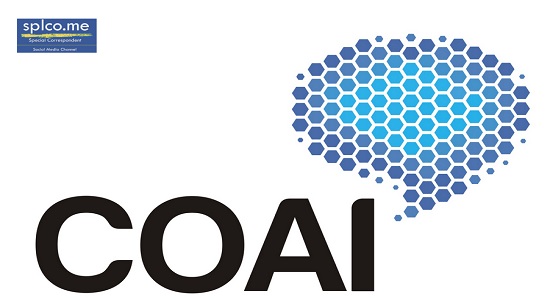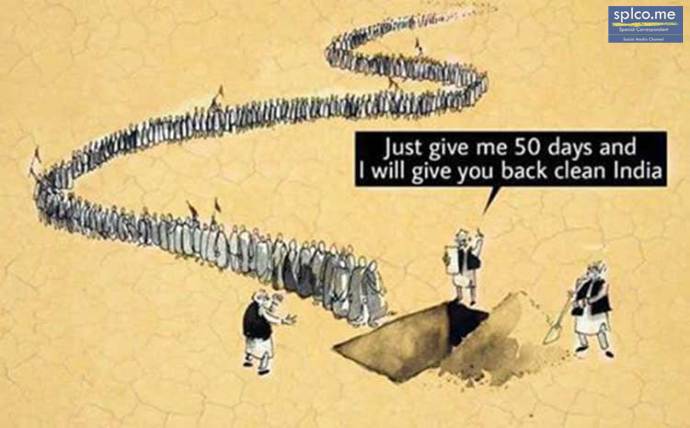Cellular Operators Association of India (COAI) on Tuesday lashed out at Telecom Regulatory Authority of India (Trai) saying its latest tariff order amendment strengthens the ambitions of one particular operator with deep pockets and monopolistic designs.

Without naming the new telecom player Reliance Jio, COAI in a statement said, "Over the past 12-18 months, regulation after regulation put out by Trai have ended up in distorting the competitive landscape in favour of one operator while putting all other operators at a serious disadvantage."
"An environment of regulation and policy that is not based on an equal footing will further aggravate the deep financial stress and kill future investments and innovation in an industry that has put India on the global map," Rajan Mathews, director general, COAI, said.
"This has destroyed the financials of an industry which was the poster child of India's reforms with tens of thousands of jobs and tens of billions of dollars of investment at stake," he said.
Research firm Credit Suisse in an analyst note said Trai's predatory pricing rules will make consumers the biggest gainer followed by Jio, while it will be negative for the incumbents.
Considering the entire mobile service revenues as one market and looking at only revenue and subscriber market shares means Jio is not yet a significant market player. However, Jio would start hitting this limits in a number of circles in a few quarters, the analyst note said.
"Restricting market share definition to mobile revenue and subscriber shares, and avoiding sub-market (voice, data) and other metrics of the market share (capacity, traffic carried) imply Jio will have a reasonable flexibility on pricing till it crosses 30% share at the circle level," the note said.
However, it was not clear if the other operators (who are large in many circles) would be allowed to match Jio if the latter does price below cost in future.
On Friday, Trai had said there was no need to place restrictions on the number of promotional offers from telecom firms as long as they were transparent, non-predatory and non-discriminatory.
While releasing the Telecommunication Tariff (sixty-third amendment) Order, 2018, the regulator had said restrictions may not be in the interest of consumers apart from possibly hindering competition and there is also no need to further restrict the time period of promotional offers from the current 90 days.
However, Trai's new rules include penalty provisions of up to Rs 50 lakh per tariff plan per licensed service area if an operator is found to be guilty of predatory tariffs.
Trai said a tariff will be considered predatory, if, in a "relevant market", an operator with over 30% market share, offers services at a rate that is below the average "variable cost", with an aim to reduce competition or monopolise the said "relevant market". The definition of "relevant market" will be decided by Trai based on the relevant product against which it receives a complaint.
The issue came to the forefront with the entry of Reliance Jio in September 2016 with an offer of free voice calls and data services. It started charging users only from April 2017 but that was also quite low compared to other operators' tariff plans, who were then forced to match the tariffs.
Mathews also said all member operators of COAI with the exception of one (Reliance Jio) feel deeply victimized and let down.
COAI requested the government to intervene and look into these concerns on an urgent basis and ensure a financially healthy and vibrant telecom industry that is able to support Digital India and serve customers.
Last year, Trai also ruled that Jio's plans were not violative of the current norms. Subsequently, Trai issued a consultation paper on Regulatory Principles of Tariff Assessment in February 2017 seeking views on the issue.
Incumbents including Bharti Airtel and Idea Cellular had also moved TDSAT against telecom regulator and Jio on the extension of free services by the new player, but earlier this month TDSAT ruled that Jio's "Welcome" and "Happy New Year" offers were non-discriminatory and non-predatory.














